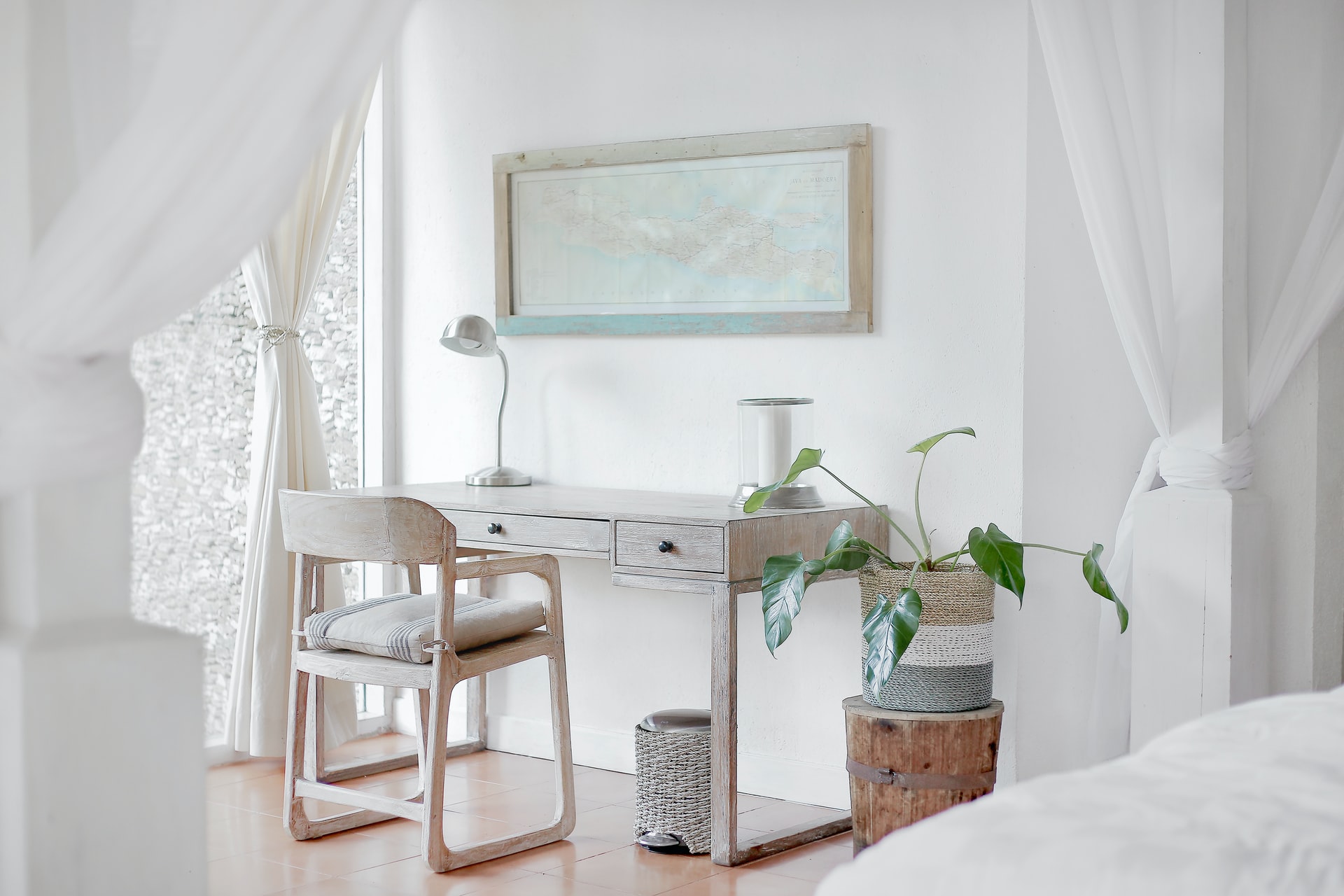
April is Stress Awareness Month and highlights the impact that stress has on the British public. With the pandemic causing such a tumultuous year, mental health has suffered as a result. Packaging retailer RAJA discovered that 35% of Brits found decluttering their home to be a therapeutic experience.
Declutter your digital devices
A recent study from Ofcom found that adults in the UK get an average of 45 hours of screen time each week. But, excessive screen time and/or full or cluttered phones can have the following negative effects:
- Negatively impacts your mental health. Prolonged exposure to friends’ and influencers’ social media feeds can result in feelings of anxiety, loneliness and inadequacy.
- Slows your phone down. Excess apps can impact how fast your phone runs, taking longer to complete tasks.
- Makes you less efficient. Certain apps and notifications are a source of distraction, reducing your ability to get jobs done.
- Increases stress. Not being able to use your digital service effectively because it’s cluttered can leave you overwhelmed and stressed.
So, it’s important to streamline our digital devices to help reduce stress as much as possible.
| Decluttering tips | How to do it | Benefit |
| Reduce your social media time
|
Filter your newsfeed and reduce the time you spend on social media apps (49 minutes a day on average).
|
Improves your mindset and controls feelings of anxiety, loneliness and inadequacy. |
| Delete unused apps
|
Purge your phone of apps that you no longer use to keep your home screen clutter-free.
|
Ensures your device runs faster and more efficiently. |
| Create folders
|
Create folders for different genres of apps to keep your home screen clean and organised. | Improves your productivity and makes your experience more streamlined. |
| Turn off push notifications
|
Reduce distractions by turning off push notifications in Settings.
|
Reduces stress and allows you to complete tasks on time. |
Declutter your home
A cluttered home can wreak havoc on your mind. Donate, recycle or sell items that you don’t need to make more room at home. Some consequences of a cluttered home could be:
- Builds unhealthy habits. Clutter can trigger coping and avoidance strategies like excess snacking and binge-watching TV shows.
- Contributes to sleep deprivation. Sleeping in a cluttered room can result in a higher risk of developing sleep problems, including issues with falling asleep and being disturbed during the night.
- Heightens anxiety. It bombards the mind with excessive stimuli, making the senses work overtime on things that are not important.
- Creates feelings of guilt. Creates feelings of guilt and embarrassment when your house isn’t clean and tidy, especially when people come over.
| Decluttering tips | Description | Benefits |
| Take it one room at a time
|
Pick one room and work through it until it’s clean. This reduces the risk of burnout that might occur if attempting to clear it all in one go. | Allows you to see the fruits of your efforts faster, which makes you more productive and more likely to carry on cleaning. |
| Use three piles | Divide your stuff into three piles: things you’ll keep, things you’ll throw away or recycle, and things to donate to charity or ‘freecycle’. | These tasks are actionable and help you know what to do with them when you’re done categorising them. |
| Be brutal
|
If you haven’t used the item in the last six months – and you don’t envision using it in the next six months – donate it. | Keeping a tidy space can help make you more productive and prevents you from falling into bad habits. |
| Make it a lifestyle change | Incorporate just five minutes of decluttering into your day to help establish good habits. | Provides momentum as it’s easier to maintain a tidy home by taking small steps, often. |



